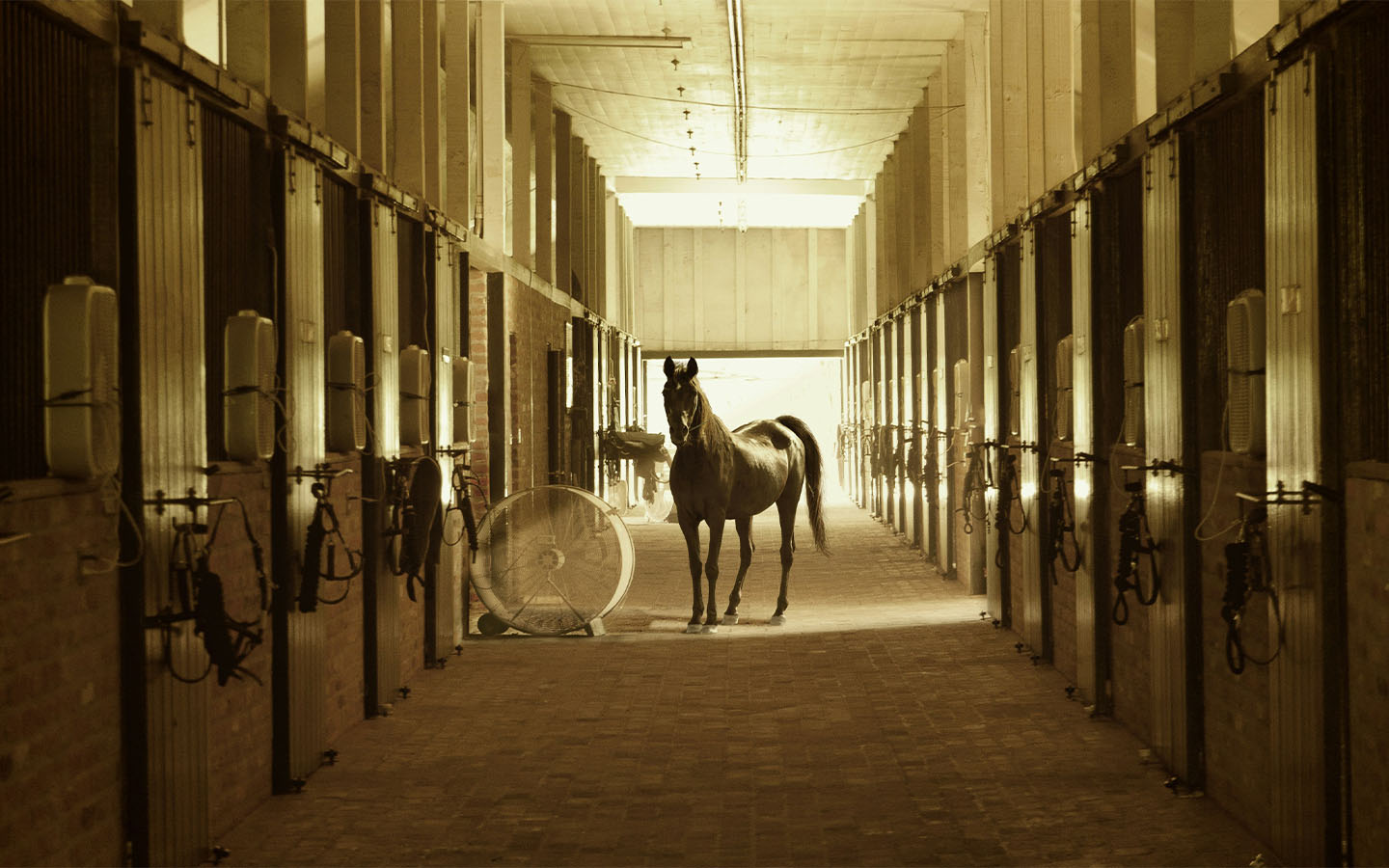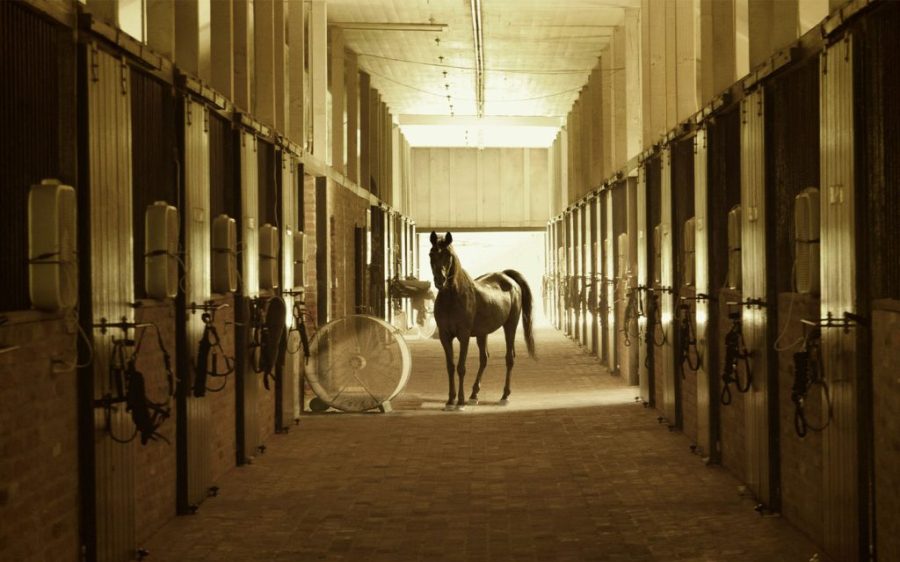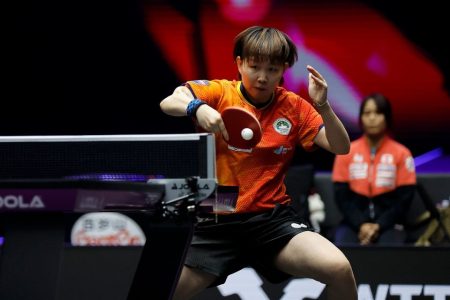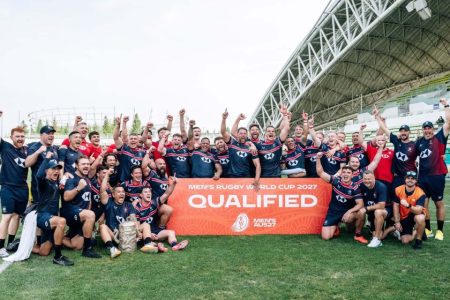As the Macau Jockey Club’s (MJC) 1 April shutdown edges closer, questions remain over the fate of the 289 racehorses stabled there.
None of the racehorses are expected to remain in the city, with Secretary for Administration and Justice, Cheong Weng Chon, stating during a press conference last Monday that the Macau Jockey Club’s racehorses would be transported overseas.
Tyrone Sapire, a South African-based farrier who worked at the MJC between January and December 2020, told Macao News that the ideal solutions would be to send them to an equine sanctuary, turn them out to pasture, or have them used for recreational riding.
[See more: Five things you may not know about the history of the Macau Jockey Club]
Another possibility is breeding – at least for the females. However, Sapire explains that “a lot of the male horses are castrated for racing,” ruling them out.
A second racing career is out of the question. Given “the level of racing that Macao has,” Sapire said, “I don’t think those [MJC] horses could be very competitive in stronger jurisdictions” such as Hong Kong, Australia or New Zealand.
He also warned that owners would not likely “see a return” by sending the horses “to go live a happy life.”
It costs around 50,000 patacas to export a horse from Macao, meaning that some owners could be tempted by the brutal experience of having them put down. Recalling his time at the MJC, Sapire says that very few horses were retired when they became unable to race. Instead, catastrophic injuries, such as a broken leg, would see an otherwise healthy animal destroyed.
[See more: Click for poignant photographs of one of the MJC’s last race meetings]
The government believes many will be sent to the Chinese mainland for recreational purposes. However, Albano Martins, the president of local animal rights group Anima Macau, claims that horses do not “go to China for any other purpose than finishing as meat.” His group and other local animal welfare organisations are calling for the club to state whether or not the horses will be sent to countries where they will be treated humanely.
Martins says he “may contact Australian animal welfare associations and others” for help in dealing with the horses’ future, but points out that his group can only do so much because of budgetary constraints and that the MJC must ensure that the transport of the animals is “fully guaranteed.”
In the meantime, the government has set a deadline of March 2025 for the removal of the horses from Macao and says that it will ensure they are properly cared for in the interim. Many in Macao are hoping that the final chapter in the history of the MJC will be a compassionate one.






